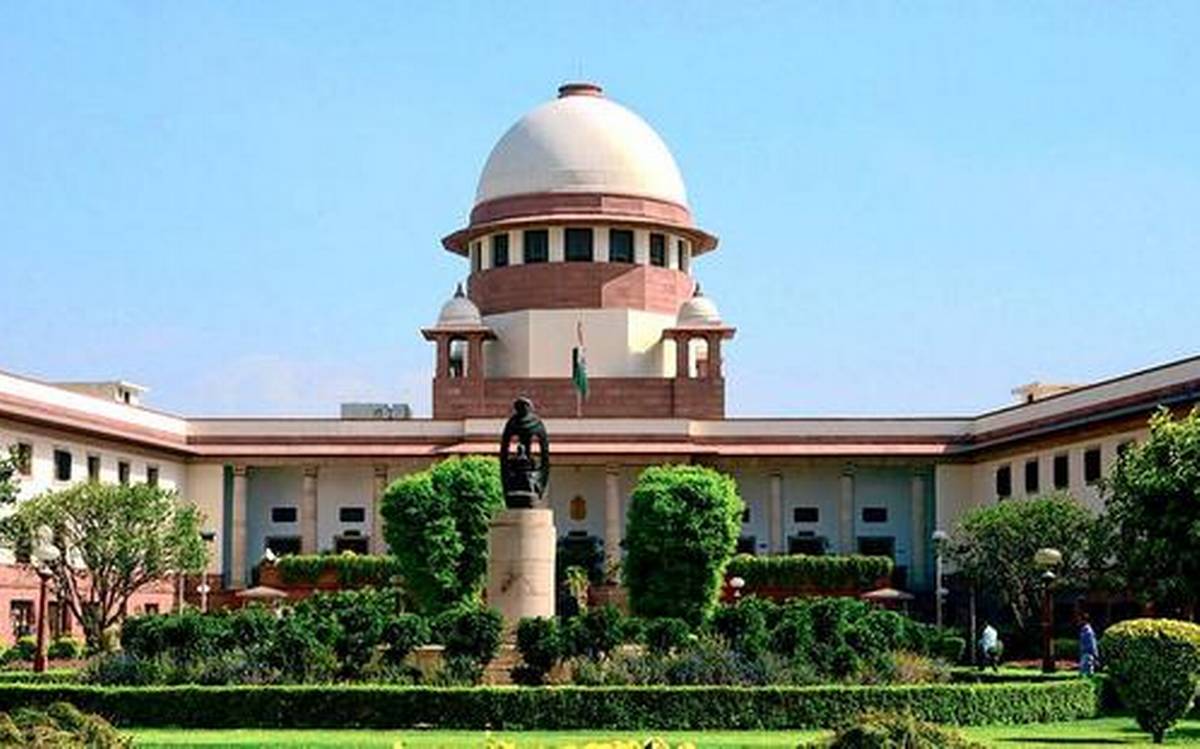


In 2015, Supreme Court confirmed Section 66A of Information Technology Act, 2000 was unauthorized. The Honourable Court declared this provision extreme and got boost to online speech and interaction.
Shreya Singhal V. Union of India is one of the landmark judgments related to speech and expression of people. The Court also observed Section 66A as not defined, unclear and undeveloped concluded. People have right of speech and expression defined under Article 19 (1) (a) of the Indian Constitution.
SECTION 66A OF INFORMATION TECHNOLOGY ACT
SECTION 66A IT ACT –This section deals with the punishment for sending any aggressive messages through any medium like electronic devices.
Any material that contains aggressive material or has threatening words.
Any material that is false and for the purpose of creating violence, disturbance, threat, insult, hatred and loss of public interest through some electronic devices like computer.
Any mail that contains message for the motive of creating anger, mislead the receiver about the source of such type of message.
A person shall be punished up to three years may be extend or fine or with both.
Here “electronic message” means any information such as videos, photos, audio, and text messages etc. that is send through electronic devices like computer.
ISSUES WITH SECTION 66A
The Court found that Section 66A IT Act created a crime based on undefined action such as threat, hindrance, awkwardness and rudeness which do not fall under the reasonable restrictions under Article 19 (2) of the Constitution. This is the weakness of the section.
The Court also observed that difficulty is where to draw the line because words like hindrance and rudeness is subjective in nature.
Also, there is no procedural protection of the section 66A as other legal provisions have. It is also against the fundamental rights of Article 19 and Right to Know provided by the Great Constitution.
IN NEWS
The Honourable Supreme Court has issued notification to the Centre Government about the unconstitutional validity of Section 66A of Information Technology Act, 2000. The Court also mentioned that the Right of public to know is violated by the Section 66A IT Act. This section violates the right of citizens under Article 19 (1) (a) of the Constitution.
The IT Act, 2000 deals with the electronic transaction of messages in the form of text, videos, audio and photos through electronic devices. This is also known as e- commerce.
PLEA AGAINST CONSTANT USE OF SECTION 66A IT ACT, 2000
The Supreme Court required responses from all States and Union Territories in respect to nonstop use of Section 66A of Information Technology Act, 2000 even the Supreme Court declared it Unconstitutional in the landmark case of Shreya Singhal V. Union of India 2015.
This order was not only issued against the State and Union Territories but also against the police not to arrest without proper facts. The Court clearly states that Section 66A IT Act violates the Right to freedom of Speech and Expression. The Bench of two judges Justice R F Nariman and B R Gavai issued the order while trial the appeal filed by one of the NGO People’s Union for Civil Liberties (PUCL).
The Honourable Bench inquired the Petitioner Advocate, Sanjay Parikh that also makes all states parties to his plea and also to police as a subject of State. The Plea shows that the use of Section 66A IT Act, 2000 by States Agencies and lower Courts. The PUCL states that the said judgment was invoked many times that the reason they reach the Supreme Court.
The Bench observed that there must be a proper order in accordance with the discontinuation of Section and also police is also in their case as a part of State list.
It was ordered by the Court that Police and Public Order are the subjects of State as per the Indian Constitution. It is the responsibility of State to build capacity of Police, examination, imprisonment and action of crimes.
So, the Law Enforcement Agencies (LEA’s) should be take lawful action according to the legal provision against the cyber-crime wrongdoers. The LEA’s obey the judgment that violates the Right to freedom of Speech and Expression.
The Home Ministry and Ministry of Electronics and Information Technology (MeITY) has ordered to Union Territories Administrators, DGPs, and States Chief Secretaries to alert LEA’s and noticed police not to register any case under the said provision.
Twenty One States and Union Territories implemented the Judgment according to the Central Government.